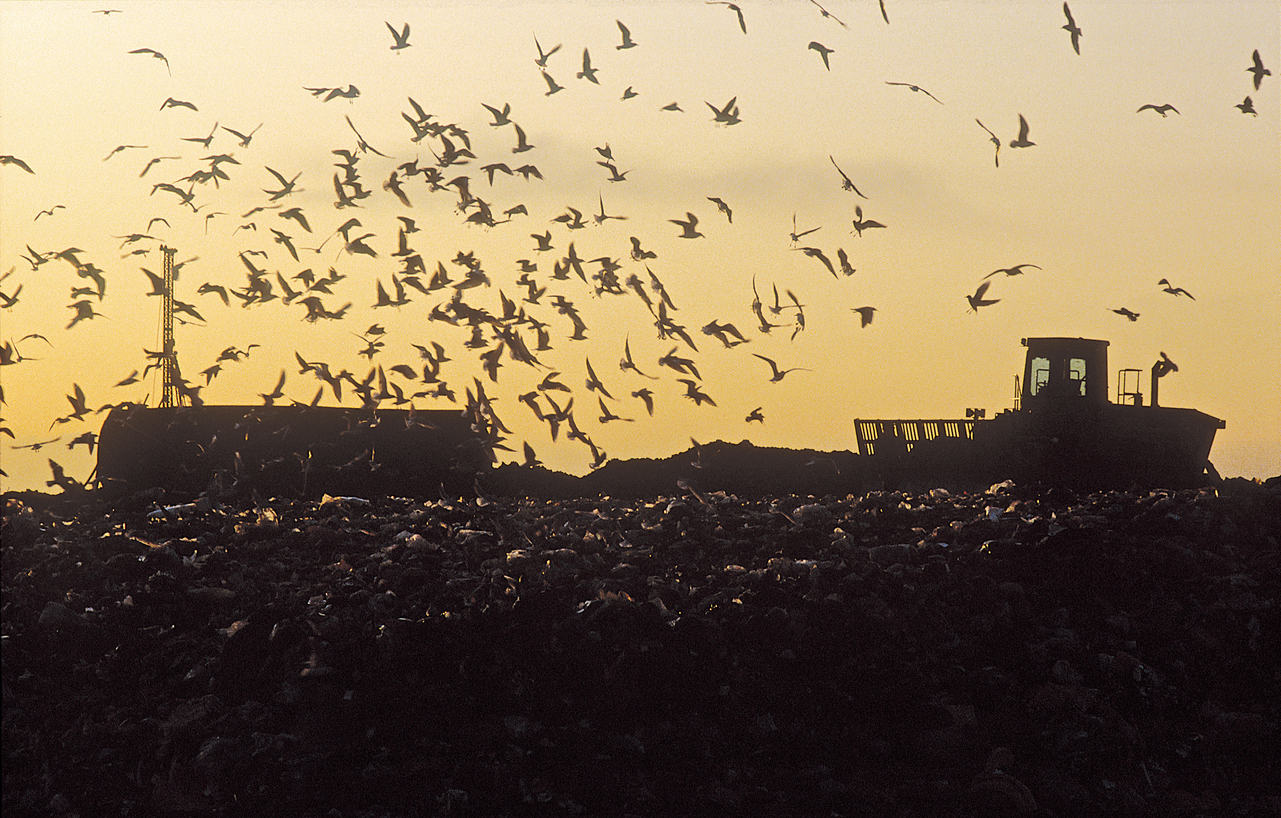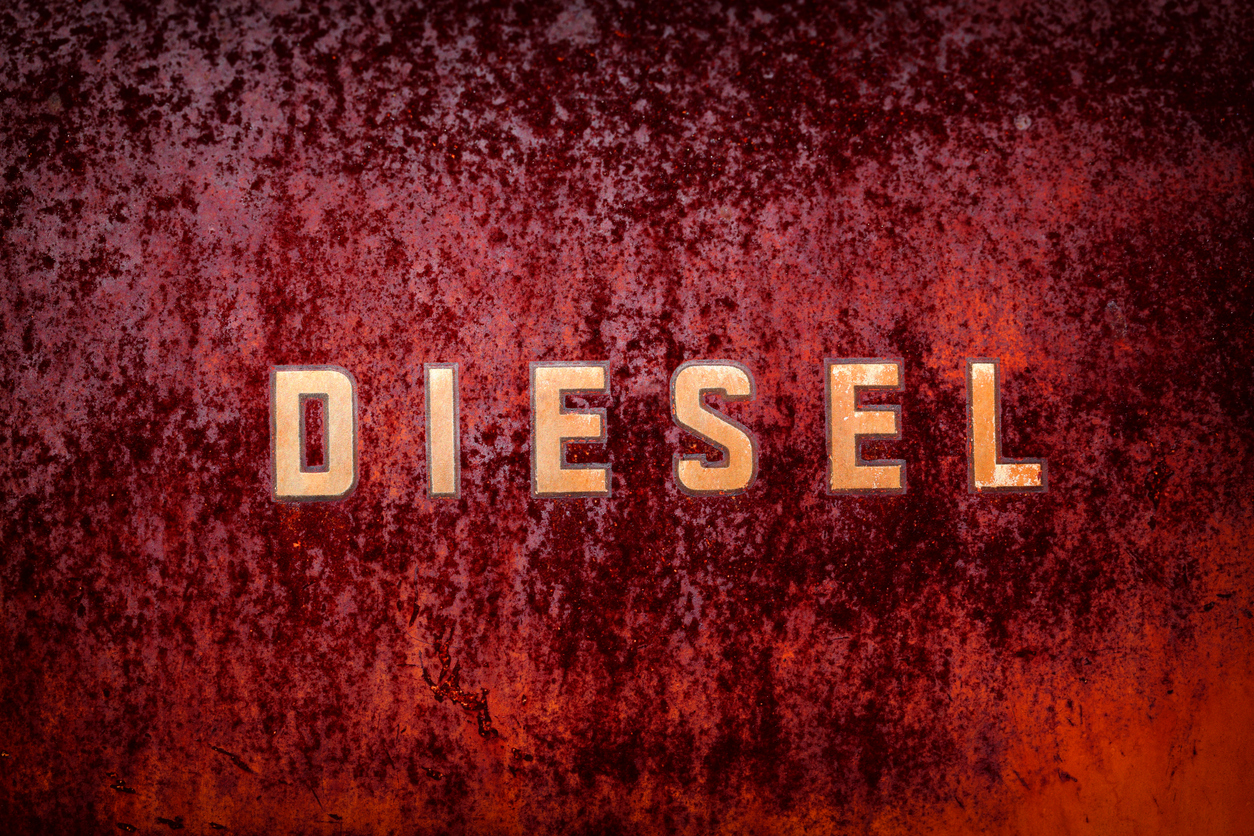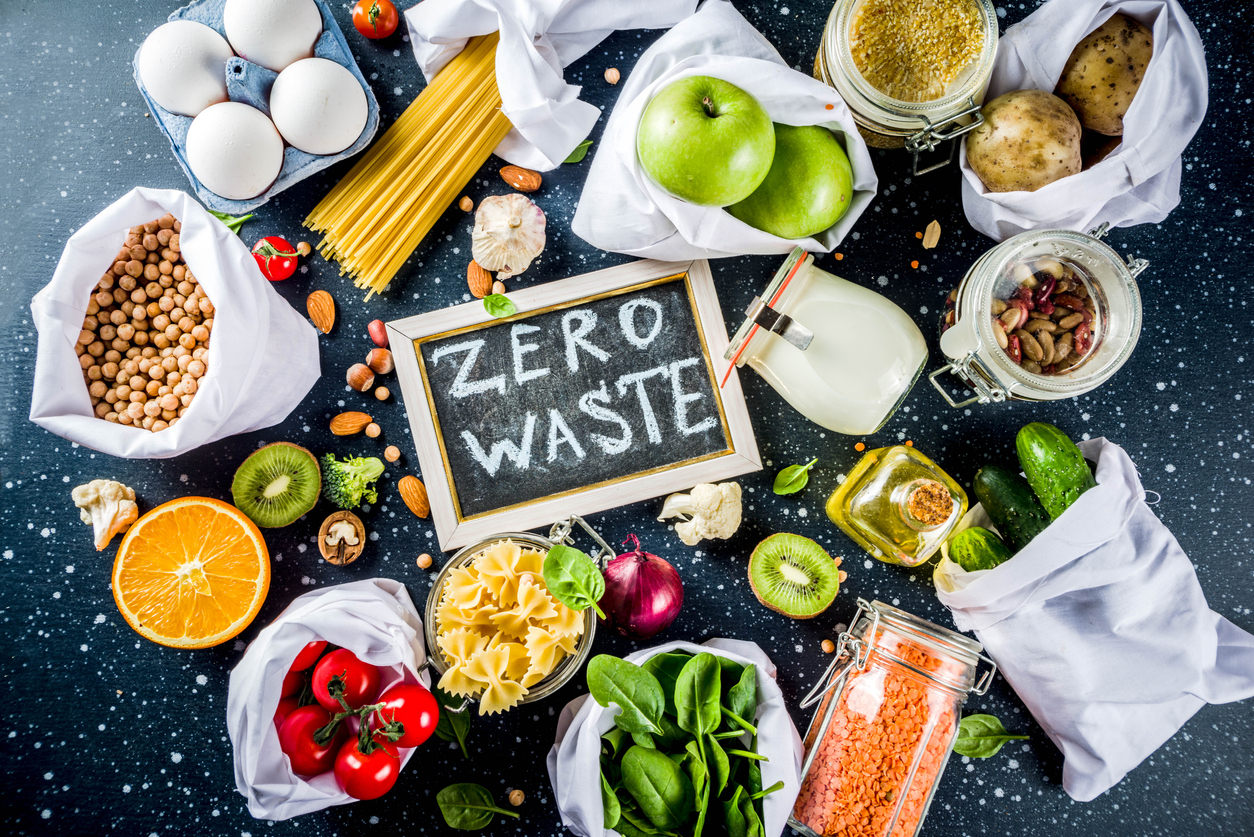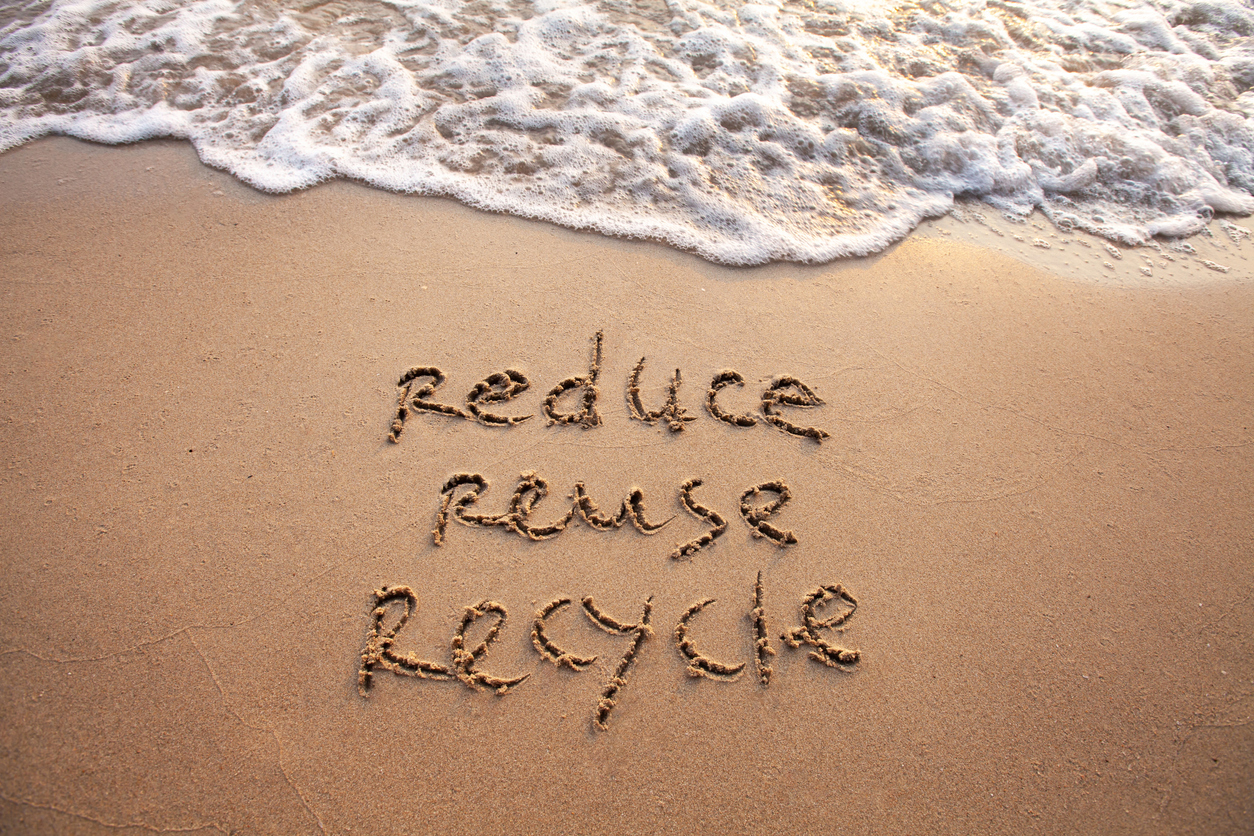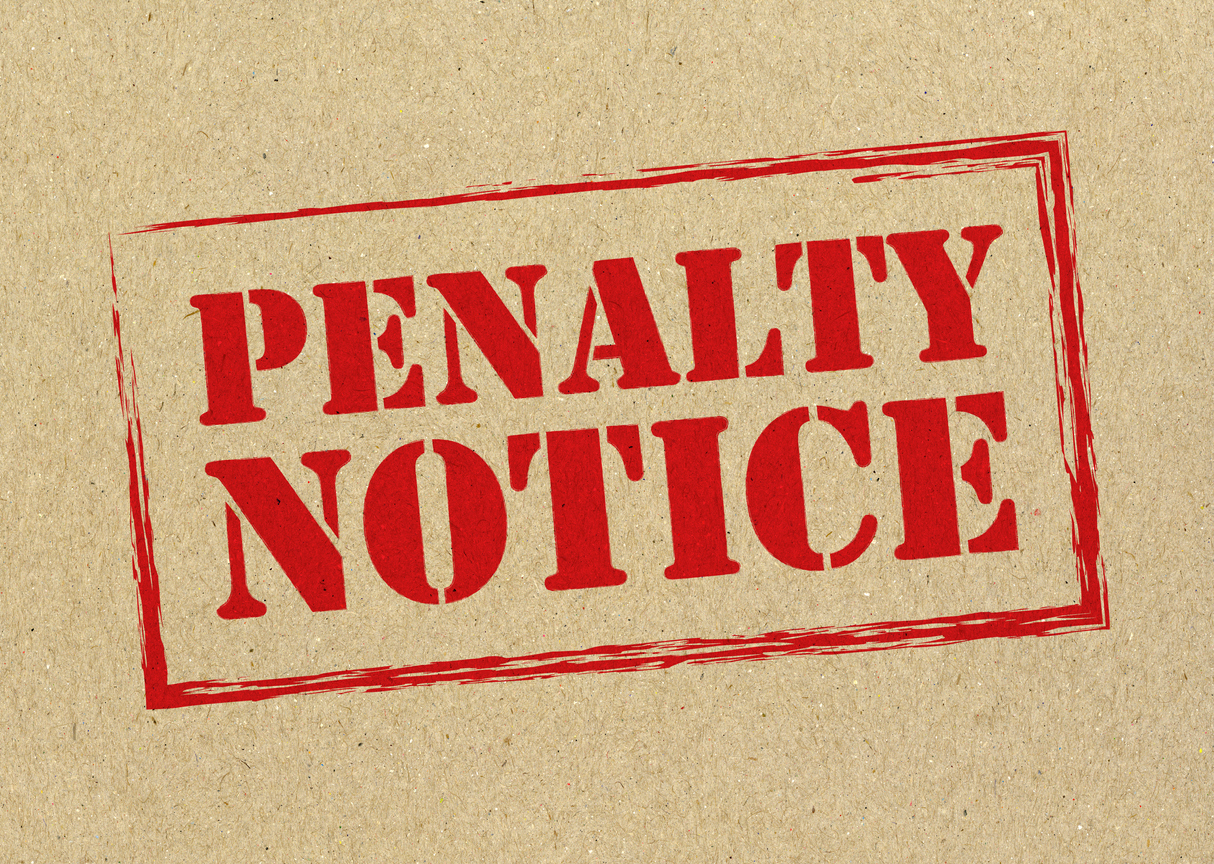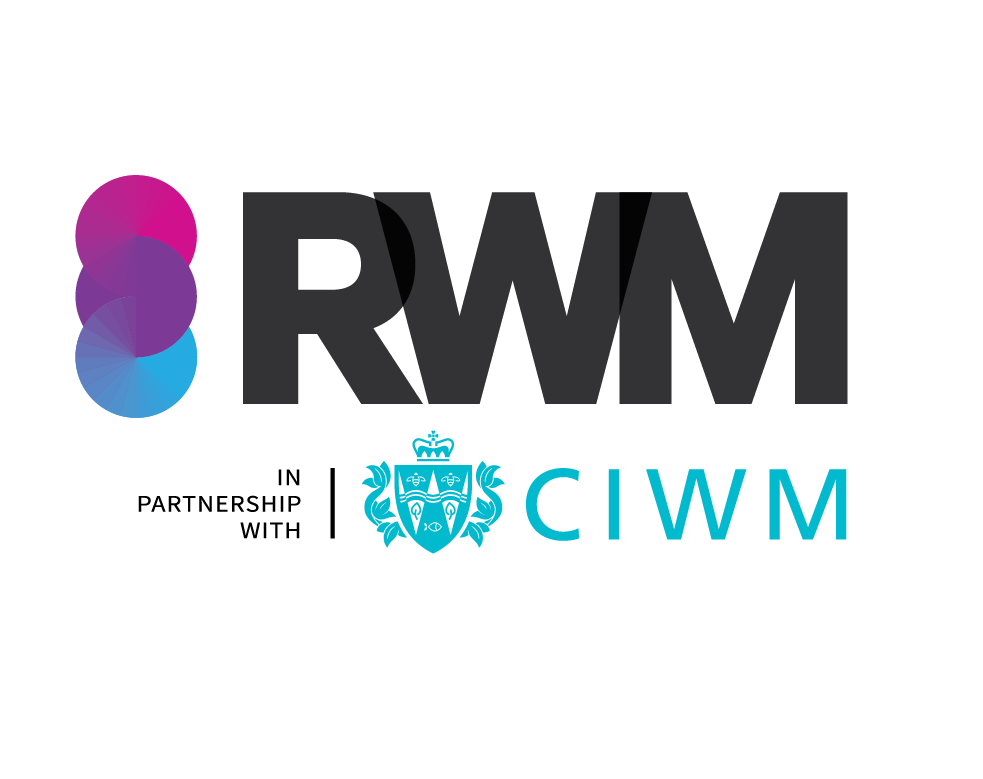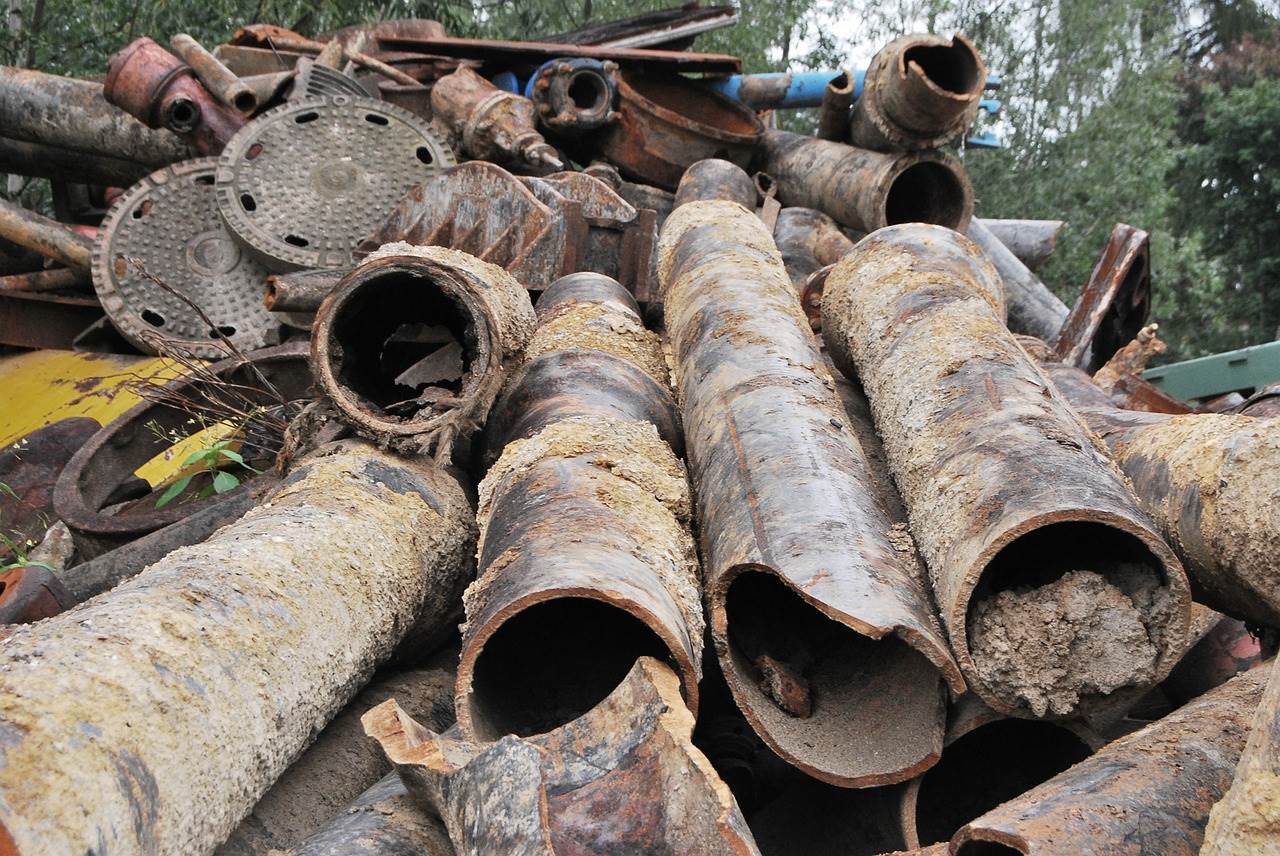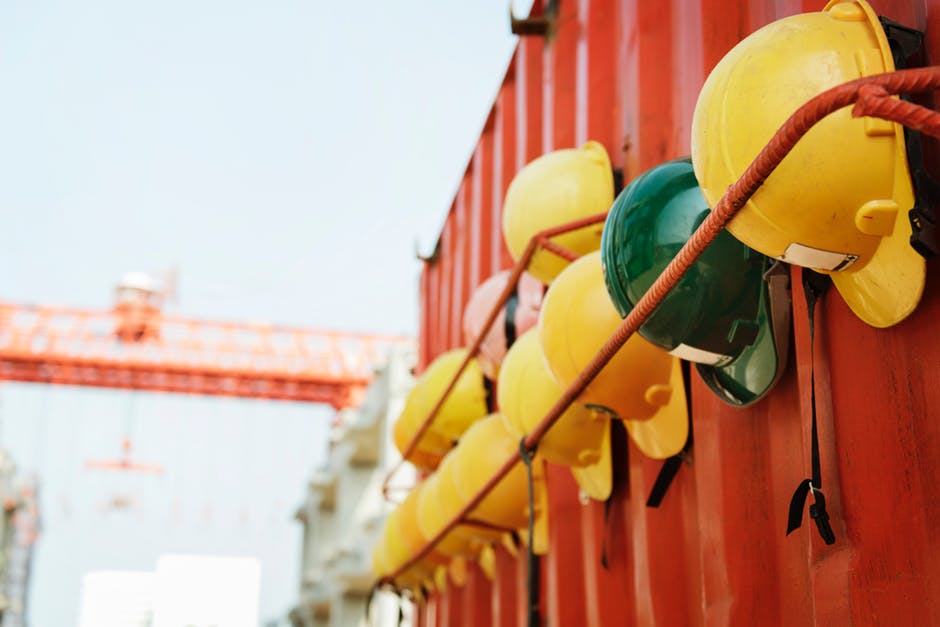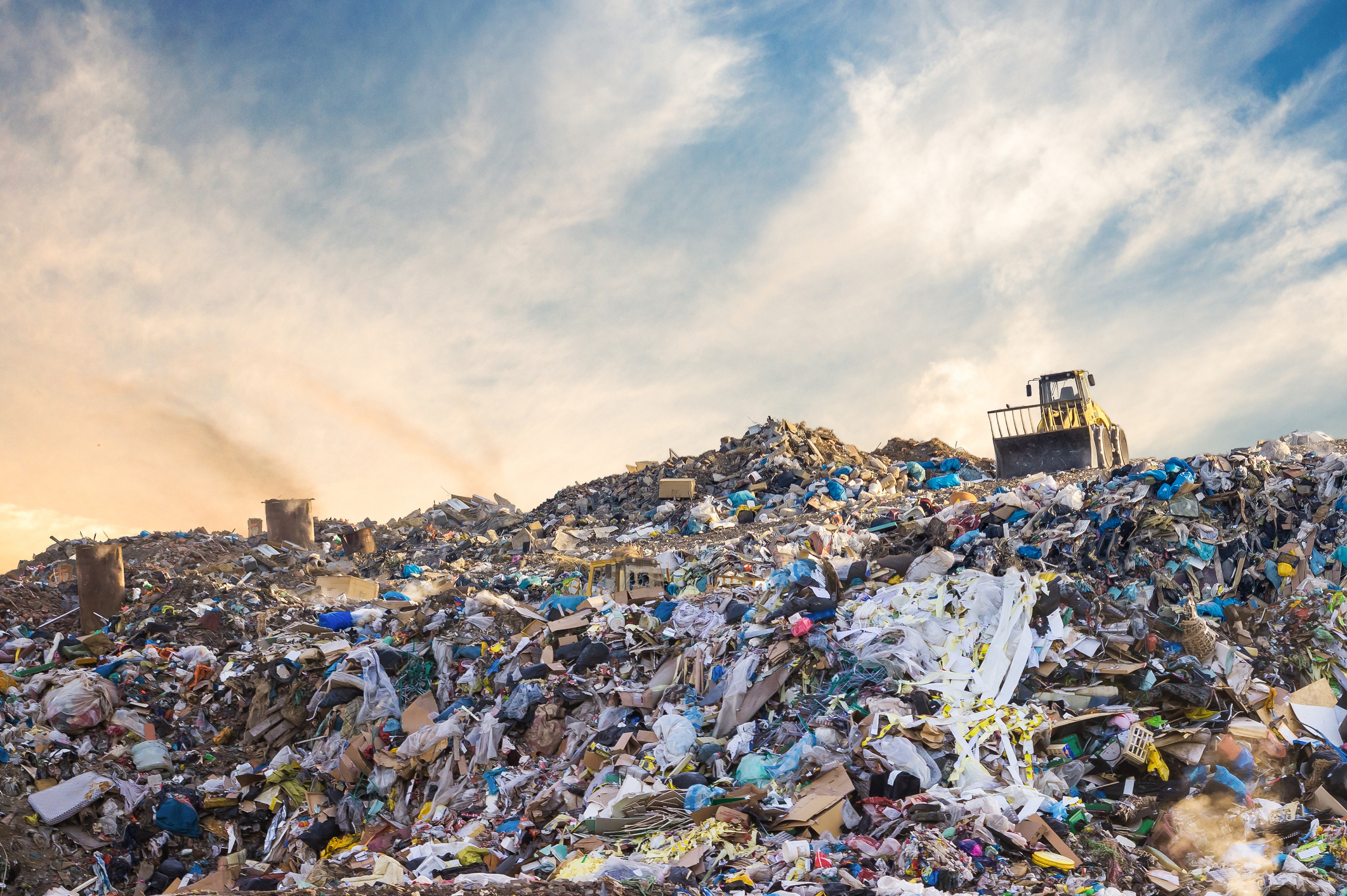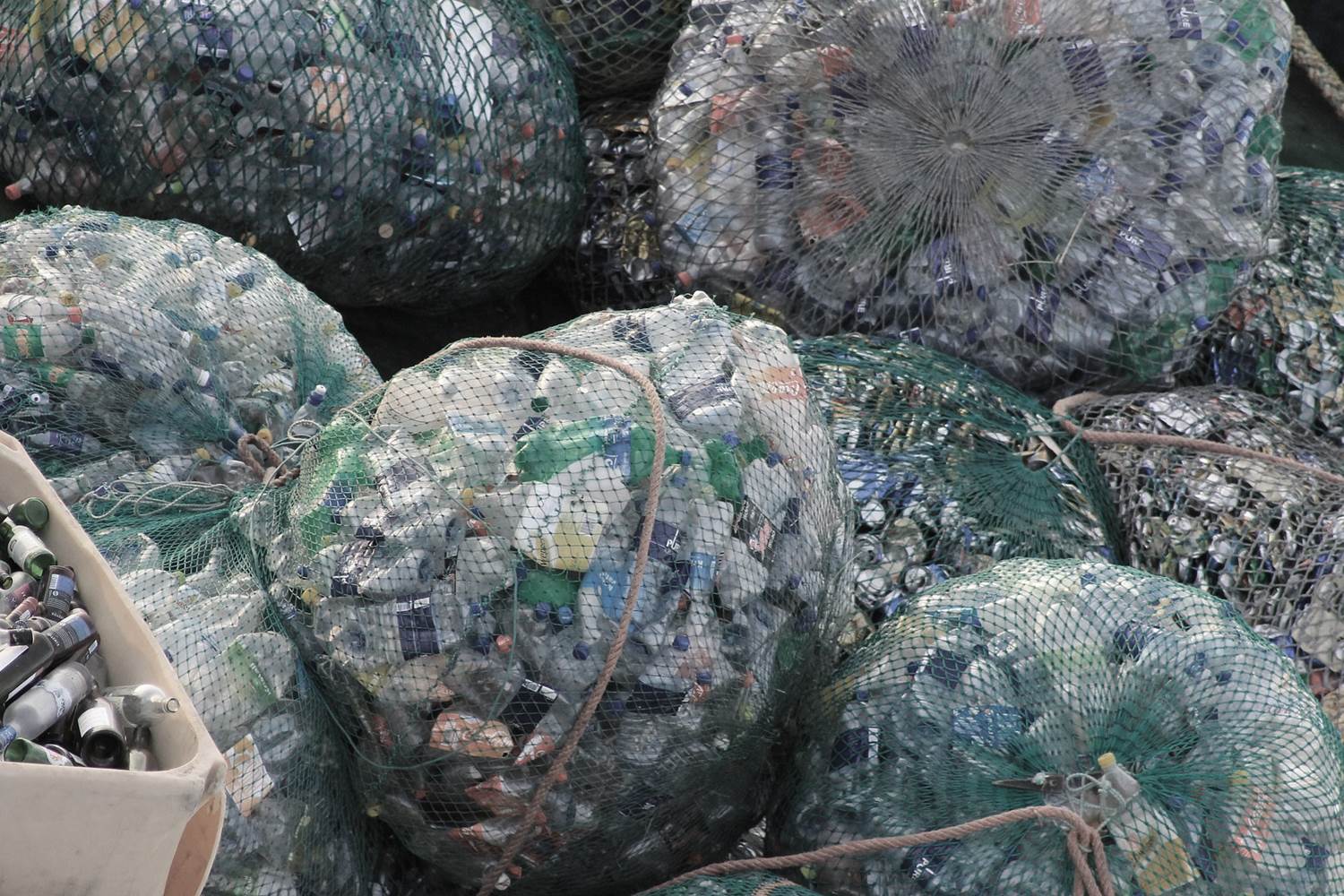
Will You Be Ready for the Ban on Biodegradable Municipal Waste?
Date: 04/11/2020 | Environmental
Regulations have been laid before the Scottish Parliament changing the date of the ban on biodegradable municipal waste (BMW) being sent to landfill to 31 December 2025. While this may seem like a long way off there is much to prepare. Will you be ready?
Background:
The Scottish Government initially aimed to ban BMW being sent to landfill by 2021 but reluctantly pushed back the date amid concerns from local authorities and waste management companies that the country was ill prepared to meet the deadline. There was also concern that BMW would be sent across the border to be landfilled in England. While there is now more time to prepare, this is a huge change to waste management in Scotland with both the public and private sectors affected. Forward planning now is essential.
The Regulations:
The Waste (Scotland) Regulations 2012 include a ban on BMW to landfill. The Waste (Miscellaneous Amendments) (Scotland) Regulations 2020 amend the date on which landfill operators must refuse to accept BMW to 31 December 2025.
What is covered by the ban?:
BMW has a specific legal definition which must be carefully considered, but in essence consists of waste from households or waste collected from other sources which is similar in nature and composition to waste from households (such as waste from the retail and hospitality sector) and is capable of undergoing anaerobic or aerobic decomposition. It includes ‘black bag’ waste, food waste, cardboard, mattresses, furniture and sorting residues from processing mixed municipal waste. It does not include construction and demolition waste and other wastes which are not similar to household wastes. The ban applies to both public and private sectors managing waste covered by the ban.
The purpose of the ban is to reduce the amount of waste landfilled, direct residual waste to alternative treatment, extract any remaining resource value from the residual waste stream and reduce landfill gas produced by landfilling BMW. It is part of Scotland’s zero waste plan and aim to transition to a circular economy where more is reused and recycled and less waste is produced and landfilled.
Challenges:
The ban on BMW going to landfill is a progressive step to be welcomed and should significantly benefit Scotland’s environment but there are some major challenges.
The obvious challenge is ensuring that there are available alternative solutions to landfilling BMW and that the ban does not produce unintended consequences such as illegal dumping of the banned material or having to export it to other countries.
A key challenge for government and industry is to put the needed infrastructure in place by 2025. This includes investment in energy infrastructure for waste and anaerobic digestion to enable the material to be dealt with in Scotland. The ‘centrally coordinated intervention’ which the Scottish Government has called for will need to be resourced with assistance for local authorities struggling to find viable solutions to comply with the ban. There is also work to be done in terms of the testing regime to determine whether waste constitutes banned material under the legislation. Guidance on how to determine if material will be caught should be provided to the waste industry. Changes to the Scottish Landfill Tax regime are required to discourage landfilling of BMW prior to the ban being implemented. Any changes must be carefully considered to avoid Scottish landfill material simply ending up being landfilled in England due to it becoming more costly in Scotland.
Although 2025 may seem a long way off, particularly given the very immediate challenges of the Covid 19 pandemic and Brexit, implementing the necessary changes will take time. Those businesses affected include landfill operators, recycling businesses and also those who produce BMW as part of their systems and processes. Both public and private sector are affected. It is important that all of these organisations start planning now for complying with requirements for handling and processing BMW.
At Davidson Chalmers Stewart we assist organisations in understanding what their responsibilities are, and will be, and help them to plan for the changes which need to be made to ensure business continuity. If any of these issues resonate with you or you would like to understand more about the potential impact on your business, please contact Laura Tainsh at laura.tainsh@dcslegal.com for more information or advice.



















